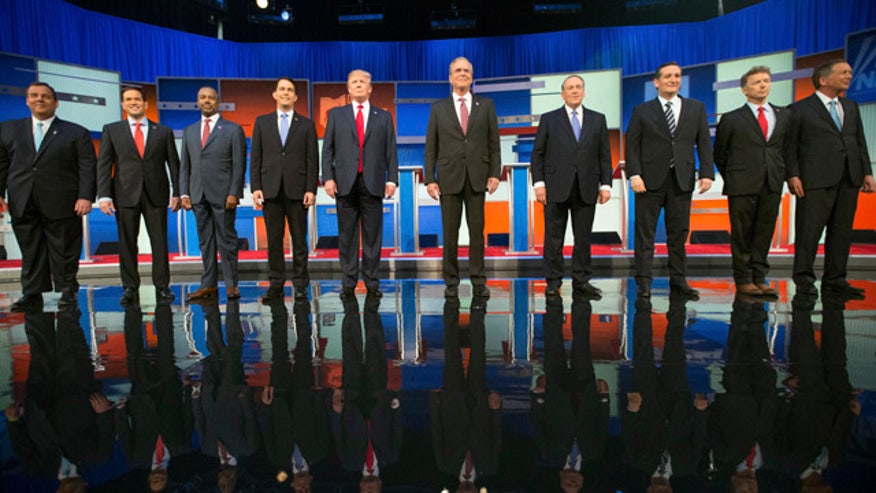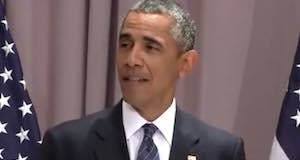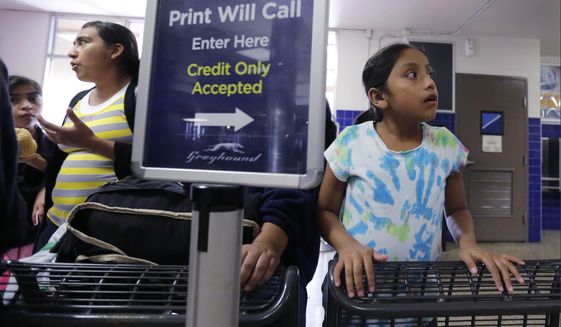HIGHLIGHTS
Justice Department lawyers ask judge to reconsider her order
Claim family detention centers are now just processing centers
Argue migrants shouldn’t be released just because they can’t be processed in three days
WASHINGTON
Federal officials have not given up yet on family detention. They warned a judge Friday that her ruling against detaining migrant mothers and children could lead to another surge of migrant families attempting to enter the country illegally if they believe their children are the key to avoiding detention.
U.S. District Judge Dolly Gee in Central California ruled last month that that the Obama administration’s family detention policy violates an 18-year-old court settlement regarding the detention of migrant children. She said the hundreds of detained parents and children should be released.
Department of Justice lawyers responded to the ruling Friday asking her to reconsider her decision. Benjamin Mizer, principal deputy assistant attorney general, wrote in a briefing that the judge’s order had significant policy consequences. The ruling could be understood to require Homeland Security officials to release “all families” into the United States even if they have no legitimate claims to remain just because it takes the government longer than the three to five days allotted to process and remove them, he said.
“The Court’s proposed remedy – to the extent that it eliminates the Government’s ability to use expedited removal or reinstated orders of removal for families under any circumstances – could cause another notable increase in the numbers of parents choosing to cross the border with their children.” Mizer wrote.
Judge Gee’s July 24 ruling delivered a significant blow to the Obama administration’s policy of detaining mothers and children who say they’re fleeing violence in their home countries. In a 25-page ruling, Gee said she found it “astonishing” that immigration authorities had adopted a policy requiring such an expensive infrastructure without more evidence that it would be compliant with the decades old agreement.
The administration detains about 1,700 parents and children at three family detention centers in Karnes City and Dilley, Texas and in Berks County, Pa.
The facilities have been the subject of intense public and media scrutiny. There have been allegations of poor conditions and sexual abuse. But Immigrations and Customs Enforcement officials say the detainees are well cared for. The facilities have playgrounds, playrooms and televisions.
The administration has responded to the scrutiny by reigning in the program, which Justice lawyers cited in their court documents.
This spring, federal officials promised to improve conditions for the detained mothers and children. In June, Homeland Security Secretary Jeh Johnson announced federal authorities would end long-term detentions of families. Last month, federal officials began releasing hundreds of detained mothers and children who had demonstrated they have reason to fear persecution if returned to their home countries.
Mitzer wrote that families are now staying at the center’s an average of only 20 days where federal officials conduct health screenings and determine whether family members are eligible to remain in the United States.
“Defendants are effectively transitioning the facilities into processing centers,” Mitzer wrote.
The judge noted the “reforms” in her July 24 order, but said voluntary compliance wouldn’t stop the federal government from reverting back to the violating practice later on.
Justice officials have requested that Judge Gee allow them to conduct oral arguments on Aug. 24 during a related hearing on a lawyer facing contempt charges for leaking settlement documents to McClatchy.










